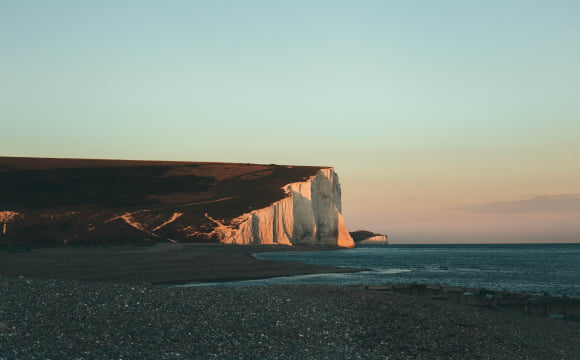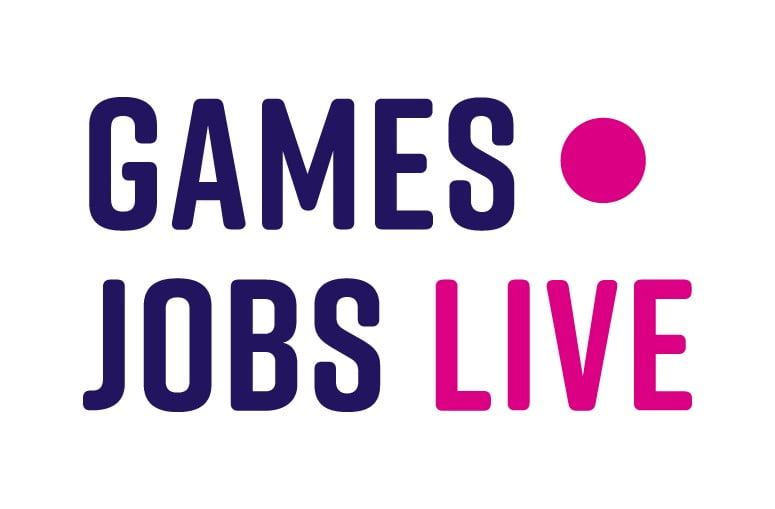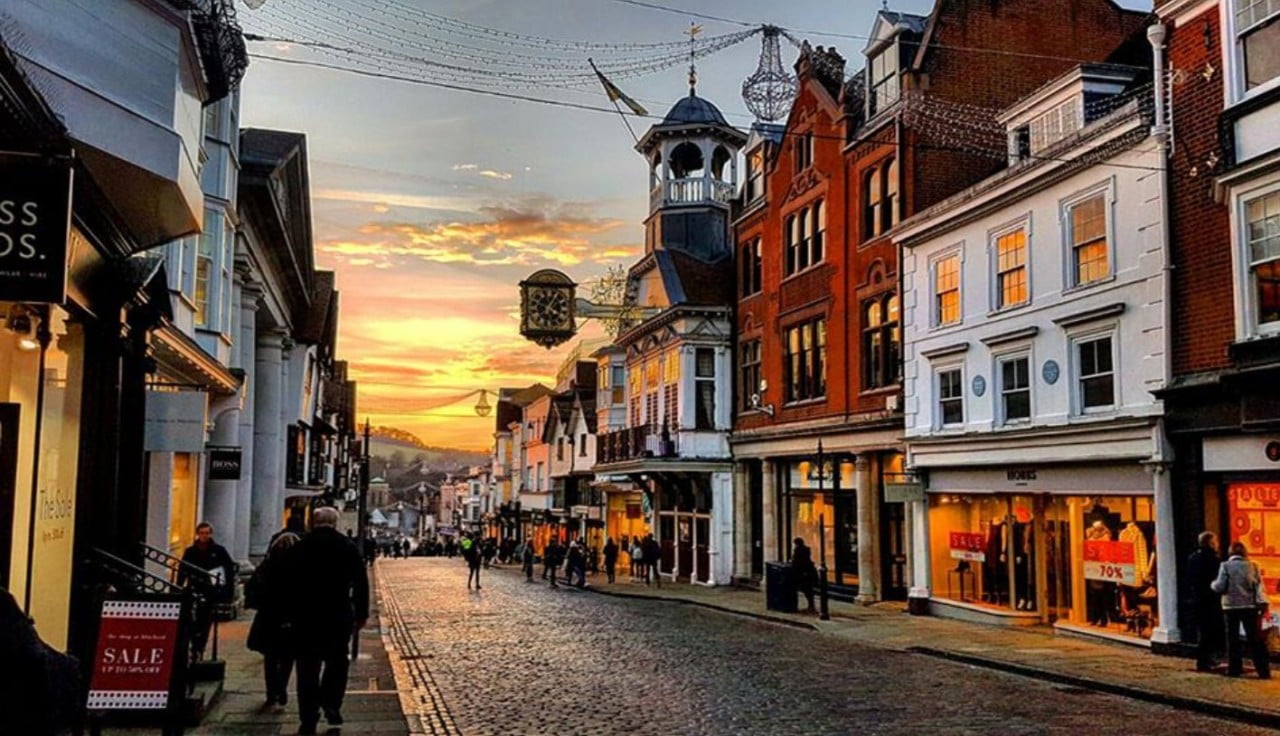HISTORY
There are two parallel stories that might serve as the origins of video game development in the South East. One is pretty much conventional. The other is anything but. Both involve Commodore’s home computer released in 1985, the Amiga.
In Horsham, an old market town between London and Brighton, computer programmer Tim Ansell was porting video games in his spare room. He specialised in PC ports, converting games from the Amiga to MS-DOS. In 1987, he established himself as a company under the name Creative Assembly with the idea of expanding the operation. Part of that strategy was speculatively cold calling EA who just so happened to need a PC port of FIFA International Soccer developed. Ansell got the gig.
Creative Assembly continued to port sports games for EA for the rest of the 90s before rounding out the decade by trying something different – their own clone of the current PC gaming sensation Command and Conquer. The result was Shogun: Total War, the first in a series of revolutionary RTS games that would become the company’s calling card, leading to their acquisition by SEGA in 2005 and transforming Creative Assembly into the major global studio we know today.
The other story takes place in Guildford, a pretty but not especially remarkable town in Surrey, a little south west of London. Or at least it wasn’t especially remarkable in 1987, when Peter Molyneux and Les Edgar decided to set up a software developer there. Selling business software as Taurus Software, the pair’s big break came when they were mistaken for a different software company, called Torus, by the CEO of Commodore Europe. Commodore entrusted them with several brand new Amigas, thinking they could build a networking system for the platform. Molyneux was all too happy to oblige, but he and Edgar wrote a database program instead, much to Commodore’s chagrin.
In the end the program was a huge success and was crowned ‘product of the year’ at an industry trade show in Germany, giving Molyneux and Edgar the outlay to start their own games company, Bullfrog Productions. In 1989 Bullfrog released Populous, a so-called “god game” dreamt up by Molyneux that established the designer’s knack for inventing his own genres and generally confounding the games media with his lofty ambitions.
It was Bullfrog that brought EA to the South East via a buyout, with Bullfrog becoming a multinational company and Molyneux and Edgar becoming president and vice-president of EA’s European studio respectively. Bullfrog wasn’t the only purchase EA would make in Guildford either. In 2004, the publishing giant snapped up racing game developer Criterion Studios, with whom they’d recently published Burnout 3: Takedown.
Criterion is one of Guildford’s longest surviving companies, founded in 1996. Their Renderware middleware was used in hundreds of games, including Grand Theft Auto III, Pro Evolution Soccer and their own Burnout series. Today, Criterion is the main developer on Need for Speed while Guildford is practically a video game factory town, with more than 70 game studios in a population of less than 80,000 and more than 1,500 residents working in games jobs.
Another of the South East’s long-standing studios is Rebellion. Founded in 1992 by two Oxford graduates, Rebellion is best known for its Sniper Elite series, which now has seven entries. The company has expanded rapidly in recent years, snapping up a number of small independent teams from across the UK.

TODAY
The South East is the big one, numero uno. Employing more people in games jobs than London or anywhere else in the UK, not to mention boasting the biggest market share of any region, the South East is the veritable heart of British video games.
It’s where you’ll find veteran companies like Creative Assembly, Rebellion, Criterion and DR Studios, but also younger household names like Media Molecule, creators of Little Big Planet and Dreams, and No Man’s Sky developer Hello Games, who were founded in Guildford in 2006 and 2008 respectively.
Also established in 2006 were nDreams, located in Farnborough. nDreams were the team behind PlayStation Home and continue to work on a variety of games-adjacent projects, particularly in the VR space. Another South Eastern developer with close ties to Sony is Supermassive Games. Founded in 2008, the studio has made several PlayStation exclusive adventure games, including Until Dawn and Hidden Agenda. Yet another Guildford studio is Turbulenz, creators of a HTML5 gaming platform.
North west of London In High Wycombe you’ll find Dlala, a smallish studio that’s worked with big partners like Rare and Team17. On the complete opposite side of the capital meanwhile are Dovetail Games, creators of cutting-edge Unreal Engine 4 powered sims with a staff of more than 160 people.
One last Guildford developer to mention is Absolutely Games. Founded in 2019 by the previous UK head of Wargaming, Absolutely is an expanding team working on an unannounced AAA strategy title.
Game studios generally hiring include: Creative Assembly, Rebellion, and Dovetail Games.

THE AREA
At the risk of damning it with faint praise, the South East is on average the sunniest region in the UK, which is just as well considering that it’s brimming with things to do outdoors.
Walkers can enjoy one of the most picturesque and recognisable beauty spots in the UK while hiking the Seven Sisters cliffs. Starting at Seaford and finishing at Eastbourne, the six hour journey is a fantastic way to spend a mid-summers day that encompasses the seven iconic chalk white cliff faces. If you want to work some history into your wanders, here’s two suggestions: 1. The Battle Walk, a short circuit that takes in Battle Great Wood, the Battle Abbey and the 1066 Battlefield; 2. The Jane Austen circular walk, which leads you through the countryside that inspired her work.
If that all sounds a bit too tame, perhaps the Isle of Wight might be a bit more your speed. It’s a fantastic place to cycle, with over 200 miles of cycling routes, and the varied terrain makes for some challenging cycling, especially if you want to conquer the 70 mile island circuit in a single day. While you’re on the island, try coasteering. This exhilarating coastal activity essentially amounts to whipping on some safety gear and mucking about the cliffs, whether it’s launching yourself off them or ducking underwater into hidden caves.
As for the videogame capital, Guildford has all the features you’d want from a traditional English town, with a castle, a cathedral and a charming cobbled highstreet to boot. Beneath that high street hides the oldest synagogue in Britain, a medieval ruin that was accidently uncovered in 1996 during the renovation of a bookshop. Another unusual place of worship in the area is the Watts Cemetery Chapel. Both breathtaking and bizarre, the chapel’s interior combines Art Nouveau and Celtic-Revival styles, resulting in an ornate and very weird green space that feels like something out of a fantasy novel. Incidentally, sci-fi author Aldous Huxley is buried in the cemetery outside.
COMMUNITY
Naturally, the South East has a strong support network for its sizable chunk of the UK games industry as well as plenty of opportunities to hang out with like-minded folks in games jobs.
Guildford has Guildford.Games, an initiative and network that serves as a directory and archive of the local industry while also running the Guildford Games Festival, where awards are presented to local talent and the public are invited to see behind the scenes of the games industry on their doorstep. In addition, Creative studio Liquid Crimson runs a quarterly Game Dev Drinks event, while Guildford Game Developers is a busy Facebook group for keeping in contact between meetups.
GameDev:MK is a Milton Kenyes-based meetup group which prides itself on being beginner friendly, inviting anyone from writers and musicians to artists and programmers to make contacts and participate in workshops. As well as a pub night, the community also has a Discord server.
In Oxford, independent developers can get together for a Friday lunch with Oxford Indies. The community also hosts occasional evening meetups and has a Discord group.

USEFUL LINKS
Tourism: https://www.visitsoutheastengland.com/
Tourism: https://www.visitsurrey.com/
Tourism: https://www.guildford.gov.uk/visitguildford/
Tourism: https://www.experienceoxfordshire.org/
Community: https://guildford.games/
Community: https://www.meetup.com/GameDev-MK/
Community: http://oxfordindies.co.uk/
Article by Andrew Gordon

